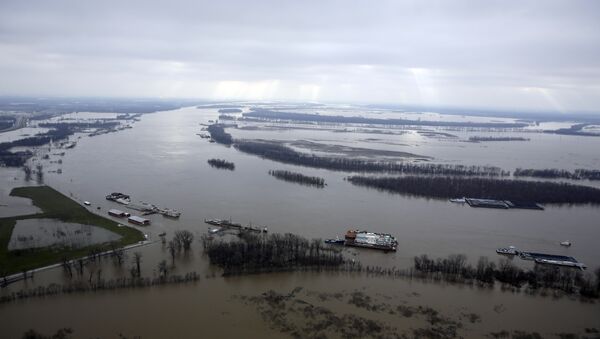The study, published at Climate Central, indicates that by the end of the century Earth will face sea levels rising roughly 1.8 meters by the year 2100. This result significantly surpasses earlier expectations provided by Intergovernmental Panel on Climate Change (IPCC) in 2014.
The study makes use of mechanisms involving the impact of warming oceans on the unstable Antarctic ice sheet "that were previously known but never incorporated in a model like this before."
The research dramatically raises the contribution to the rise of sea levels resulting from the disintegration of the Antarctic ice sheet, estimating it as more than 1 meter (39 inches) of sea-level rise by the year 2100, and greater than 15 meters (49 feet) by 2500, if atmospheric emissions remain at today's level.
The report suggests that if no aggressive climate action is taken, coastal cities around the world will be inundated by the year 2100.
These numbers surpass research officially adopted by the IPCC. The sea level rise would approach 0.5-1.0 meters if current carbon emissions remain. However, this research does not include the impact of the melting of Greenland's ice sheet, as well as thermal expansion of the oceans. The research is also suggested to be conservative, as Antarctic ice sheet disintegration, earlier predicted, has already begun.
If carbon gas emissions are reduced dramatically, the rise of sea level is thought to be no more than "two to three inches a decade."


